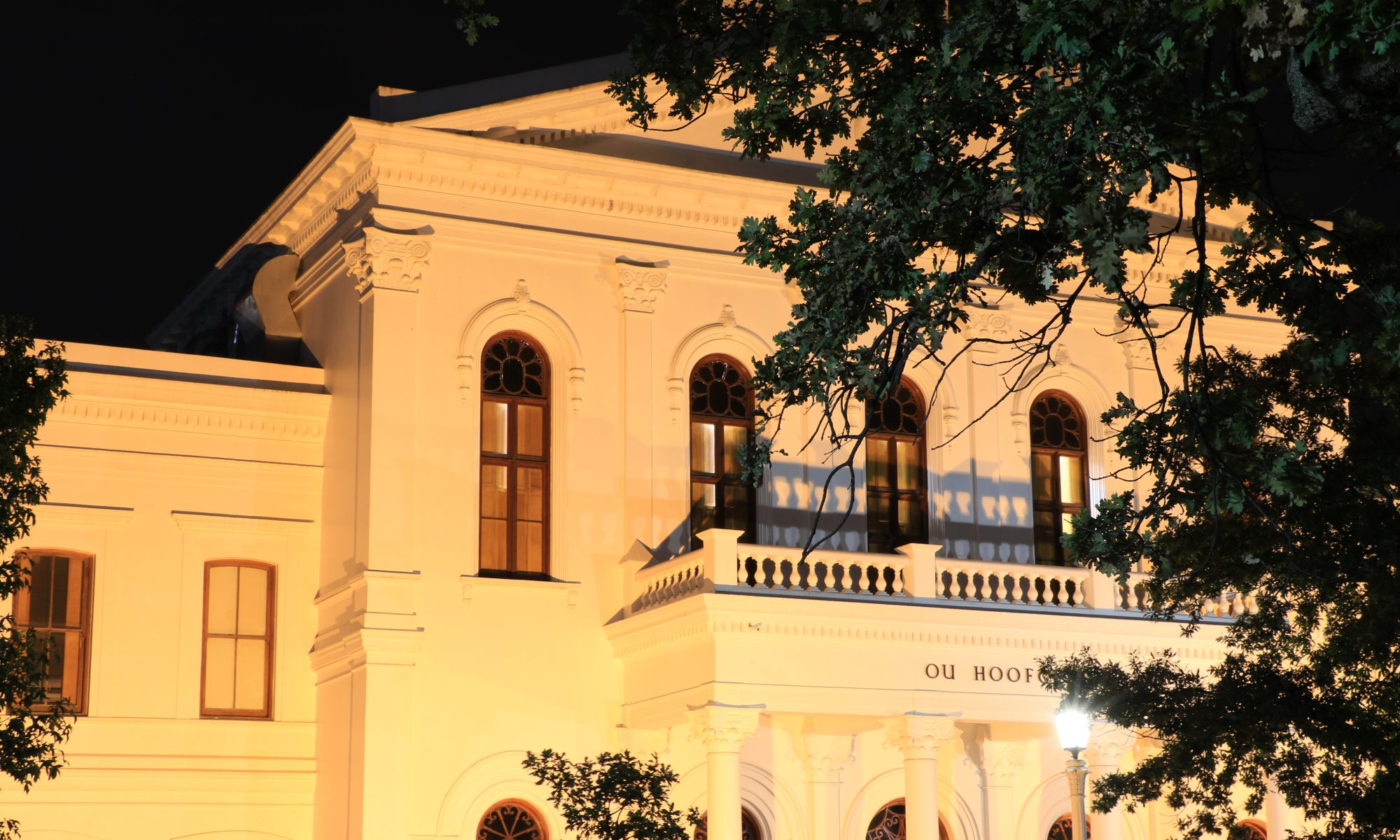Written by Juletha-Marié Dercksen, a final year LLB student.
The most respected of legal minds are the ones that are reasonable, practical and responsible, but nevertheless challenge preconceived ideas to create a better existence for all.
In the second year of my LLB studies I crossed paths with Professor Boggenpoel and this year I have had the privilege of working with her at the South African Research Chair in Property Law. She truly is a remarkable example of the modern jurist: she responsibly challenges the status quo, debates only after conducting proper research of the law and facts, thinks outside of the box and has the courage to speak her mind when necessary.
Her career thus far has proved to be one of a kind. She has excelled at everything that she has taken on, whether it be sport (she represented the Western Province as well as Stellenbosch University in netball, and has received honours from the University for excellence in sport), leadership (being the first head girl of colour of Hermanus High School) or academia. Her academic achievements are outstanding: she received her doctorate at the age of 26 and was promoted to full professor in Private Law only 7 years later, at the age of 32. On top of that, she has received numerous awards, amongst others the Mellon Academic Development Award from Stellenbosch University and the Henry Arthur Holland Scholarship in Law from the University of Cambridge.
Furthermore, Prof. Boggenpoel was awarded the coveted South African Research Chair in Property Law in March 2018. During her inaugural lecture in June, titled “(Re)defining the Contours of Ownership: Moving Beyond White Picket Fences”, she brilliantly challenged our ‘traditional’ understanding of property and ownership, and drew attention to the social justice issues surrounding ownership, which is currently so relevant in our country.
I truly believe that we will hear Prof. Boggenpoel’s name for a long time to come and judging from her work ethic and prior achievements, she will continue asking the important questions, leaving no “white picket fence” unturned.
